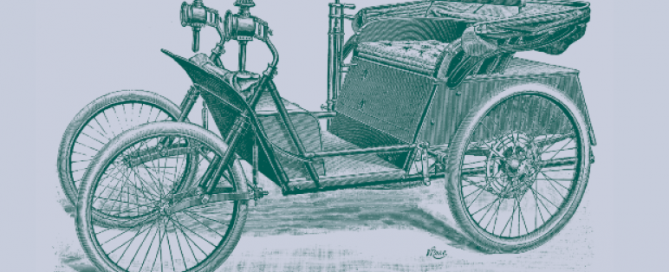Erick Guerra and
Robert Cervero
Without high patronage, new rail investments incur large deficits and fail to deliver promised environmental and social benefits. A system with few passengers and a high price tag is, by most accounting, a poor investment economically, environmentally, and socially. Comparing the costs and the number of passenger-miles traveled for 54 American rail transit investments since 1970, we found wide variation in cost-effectiveness. The worst-performing system costs nearly 50 times more per passenger-mile than the best-performing. What factors distinguish the most successful transit investments?
